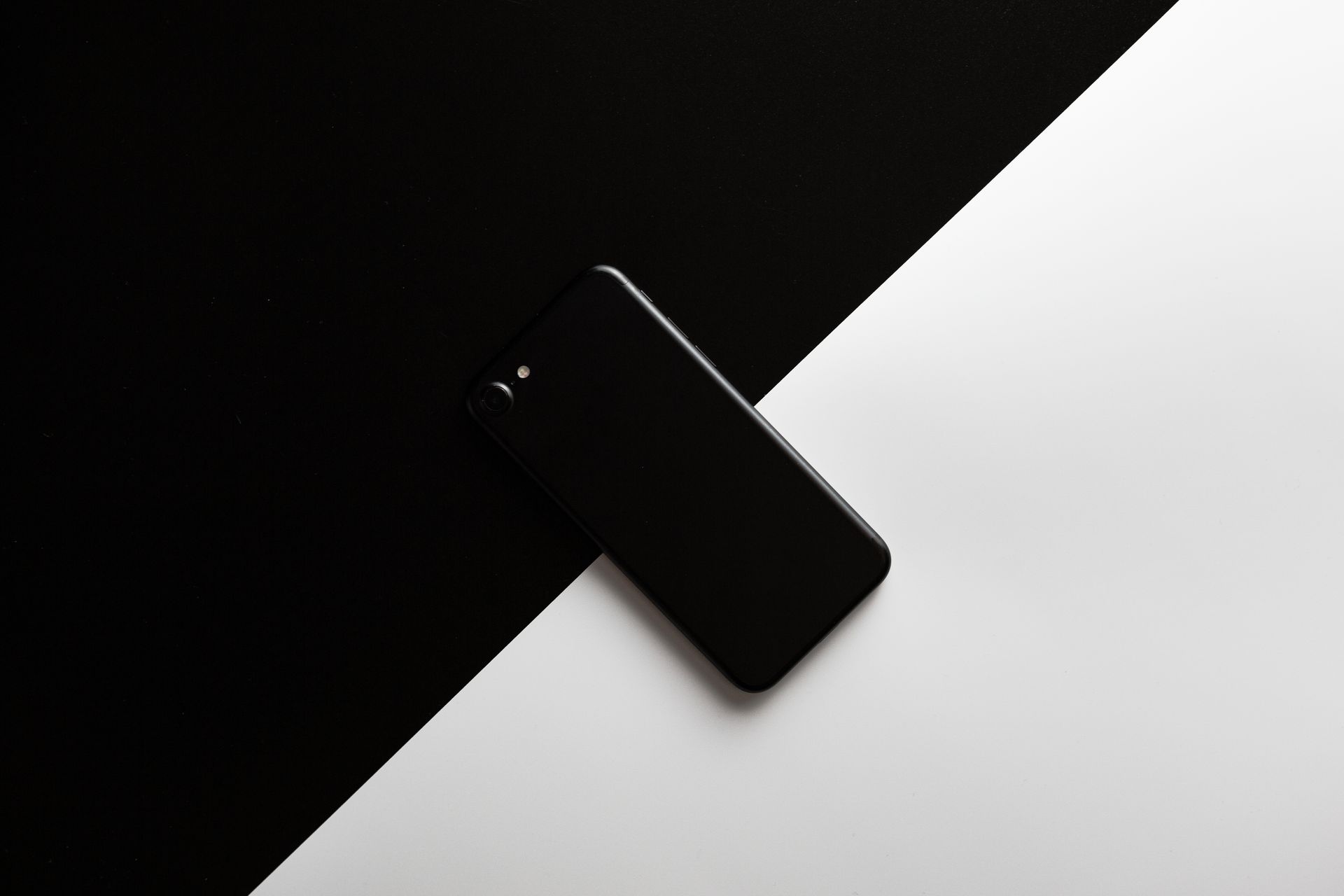Apple’s recent release of iOS 18 has introduced several notable changes, from enhanced customization tools to upgrades in Photos, Notes, and Messages.
However, one seemingly minor update regarding contact sharing has sparked concern among social app developers and could alter the balance for new entrants in the crowded market.
How iOS 18 privacy update will affect new social apps?
With iOS 18, Apple has revised how apps can access user contacts, shifting from a straightforward access request to a more granular permission system. Previously, when an app like Instagram or WhatsApp requested contact access, users had only two choices: grant or deny permission.
Now, users can select specific contacts they wish to share, which enhances privacy but complicates the onboarding process for social apps.

While this change aims to protect user privacy, it poses challenges for social apps that rely on contact sharing for user engagement. According to a New York Times report, data from startups reveals a significant drop in contact sharing since the update was implemented.
For some apps, the number of users sharing 10 or fewer contacts has surged by up to 25%.
In her conversation with The New York Times, Nikita Bier, a startup founder, noted that this reduction in contact sharing could hinder social apps, especially new ones trying to establish themselves against industry giants like Meta and TikTok.
The ability to quickly connect new users with their friends is crucial for user retention, as seen in Facebook’s early days, where adding seven friends within ten days significantly increased the likelihood of continued use.
A double-edged sword
Feedback from users reflects mixed feelings about the new contact-sharing process. While many appreciate the option to selectively share contacts, others express frustration with the lack of a way to create custom groups. The new system requires users to select contacts individually for each app, which can be time-consuming and cumbersome.
The iOS 18 update presents a double-edged sword. On one hand, Apple is promoting greater transparency and user control over personal information, which is essential in today’s data-driven landscape. On the other hand, the complexity introduced may inadvertently favor established apps at the expense of new competitors, making it more difficult for them to gain traction.

While it remains to be seen how developers will adapt to these changes, there’s room for improvement in the contact-sharing permission process. Apple could consider implementing a more user-friendly approach while maintaining its commitment to privacy.
Ultimately, the push for better privacy standards is commendable, but it’s crucial to ensure that these changes do not stifle innovation in the social app market.
One thing is certain: The contact sharing update in iOS 18 will have a massive impact on how users interact with social applications, highlighting the ongoing tension between user privacy and the need for seamless connectivity in the digital age.
Featured image credit: Freepik





